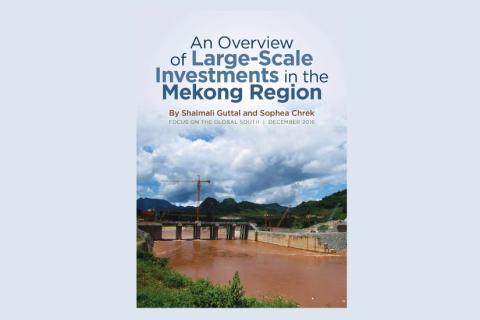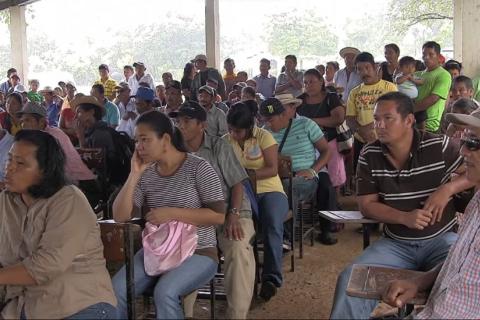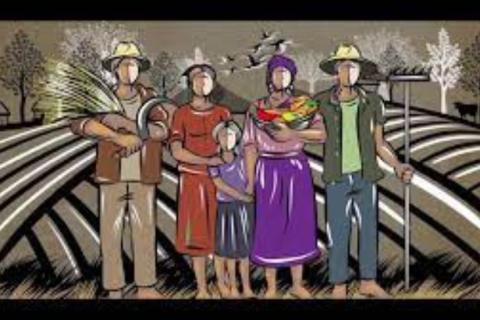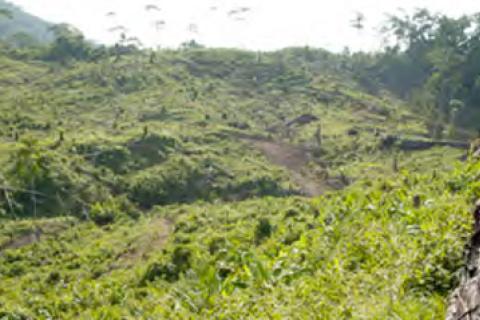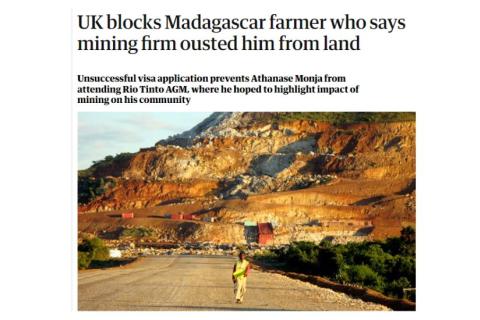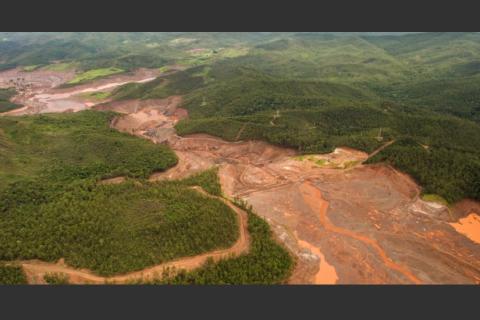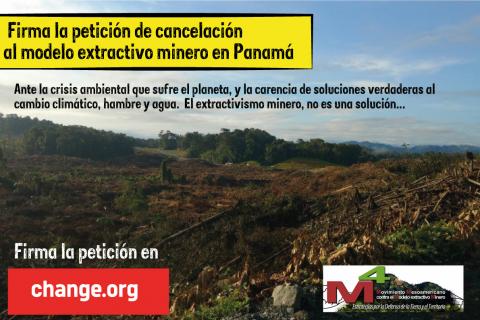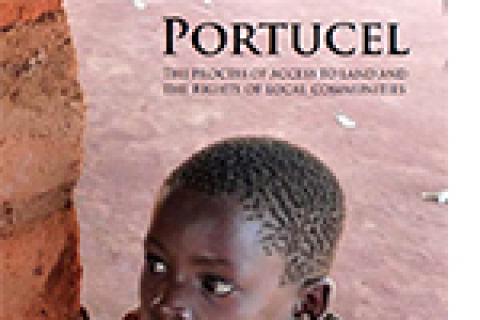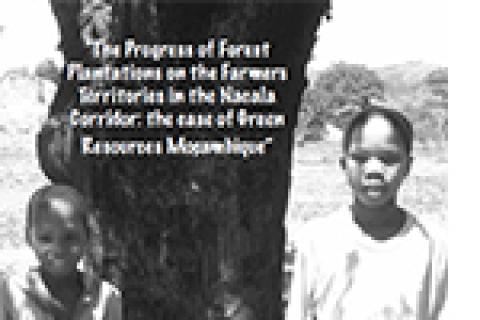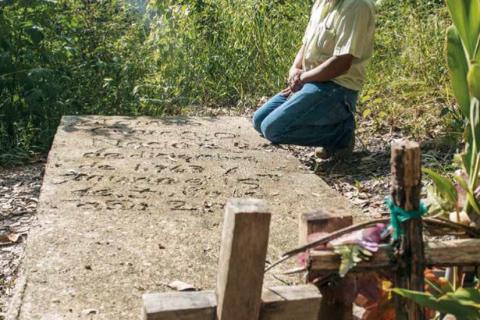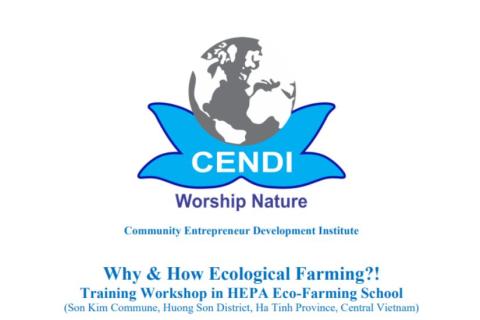Portucel Mozambique is a Portuguese company with the biggest land concession among the plantation companies in Mozambique – 356,000 hectares. Its project includes the construction of a pulp mill for future export to Asian markets. This report, available in English and Portuguese, is based on a field investigation over about 4 years that monitored at community level the loss of lands and livelihood to this large-scale plantation project. Published by Justiça Ambiental/Friends of the Earth Mozambique in 2016, in partnership with the World Rainforest Movement (WRM).
Other information
Across the Mekong region, the “development” model promoted by the region’s governments prioritizes trade and investment liberalization, and privatization. Private investment is sought in virtually every sector of the economy. This publication presents an overview of these investment trends in the Mekong region, the regulatory and policy changes designed to facilitate large-scale foreign and domestic investment, and the impacts of such investment on the living and working conditions of workers in Special Economic Zones.
Mining-affected communities in Panama, environmental organizations, human rights defenders, and social and citizens' movements in the country, staunchly reject this exploitative and death-driven industry. Affected families' testimonies and the environmental damages caused by mining in Panama are sufficient reason to stop mining multinationals from operating in the country. Support the call to stop multinational mining companies in Panama by signing the following petition (in Spanish):
Millions of traditional, peasant and indigenous peoples' communities around the world have limited access to their land and forests because the land is being monopolised and controlled by landlords and big corporations. “The Right to Resist Land Grabs” is a short film that tells the story of land grabbing and repression faced by communities, and people’s resistance. See the film in English:
The powerful evidence of massive injury to communities and water supplies in the Philippines, and findings of rampant violations of environmental law, have led the country's government to ban new open-pit gold, copper, nickel and silver mines. The current Secretary of Environment and Natural Resources cancelled or suspended 26 mining licences and cancelled 75 agreements between the government and mining companies that were proposed to be built on watersheds. While announcing the ban, she said “Water is life”.
QMM, the Malagasy branch of Rio Tinto, a British-Australian mining company, is extracting ilmenite in Fort Dauphin, Madagascar, to export it to Canada. To compensate for the destruction caused by this mining activity, QMM set up a biodiversity offsetting project in another forest, 50 km to the north of the mining site. The forest use restrictions imposed on local communities at the biodiversity offsetting site are raising serious human rights, health and food insecurity issues. See the video “Your Mine” produced by the NGO Re:Common at
The Norwegian Solidarity Committee for Latin America raises debates about the ethical principles behind Norwegian investments. They invited, together with a network of Norwegian organizations, people from Guatemala, Honduras, Brazil and Swedish Sami to present their stories, research and reflections to a popular court in March 2017. One of the cases discussed was the situation in the extreme south of Bahia, Brazil, where three of the world’s biggest pulp and paper-producing companies operate (Suzano, Veracel and Fibria).
The report “Portucel – the Process of acquiring access to land and the rights of local communities” was published by Justiça Ambiental/Friends of the Earth Mozambique in 2016, in partnership with the World Rainforest Movement (WRM). Portucel Mozambique is a Portuguese company with the biggest land concession among the plantation companies – 356,000 ha – .
The report “The advance of Forest Plantations on the Farmers Territories in the Nacala corridor: the case of Green Resources Mozambique” was launched in 2016 by the Mozambican organisations Livaningo, UNAC (National Peasants Union) and Justiça Ambiental/Friends of the Earth Mozambique, and written by Lexterra.
More than 120 people have been killed in Honduras since 2009 for standing up to companies that grab land and destroy forests, a January 2017 report published by Global Witness shows. The report pays tribute to human rights defender Berta Cáceres who was murdered on 2 March 2016 when armed men broke into her home in the middle of the night and killed her.
The report describes how farming systems rooted in the cultures, customary laws and place-bound experience of peasant farming gathered over many generations differ from the agro-industrial farming exposed in several of the articles of this bulletin as land grabbing and a threat to forests and forest peoples in the Mekong region (and beyond).

